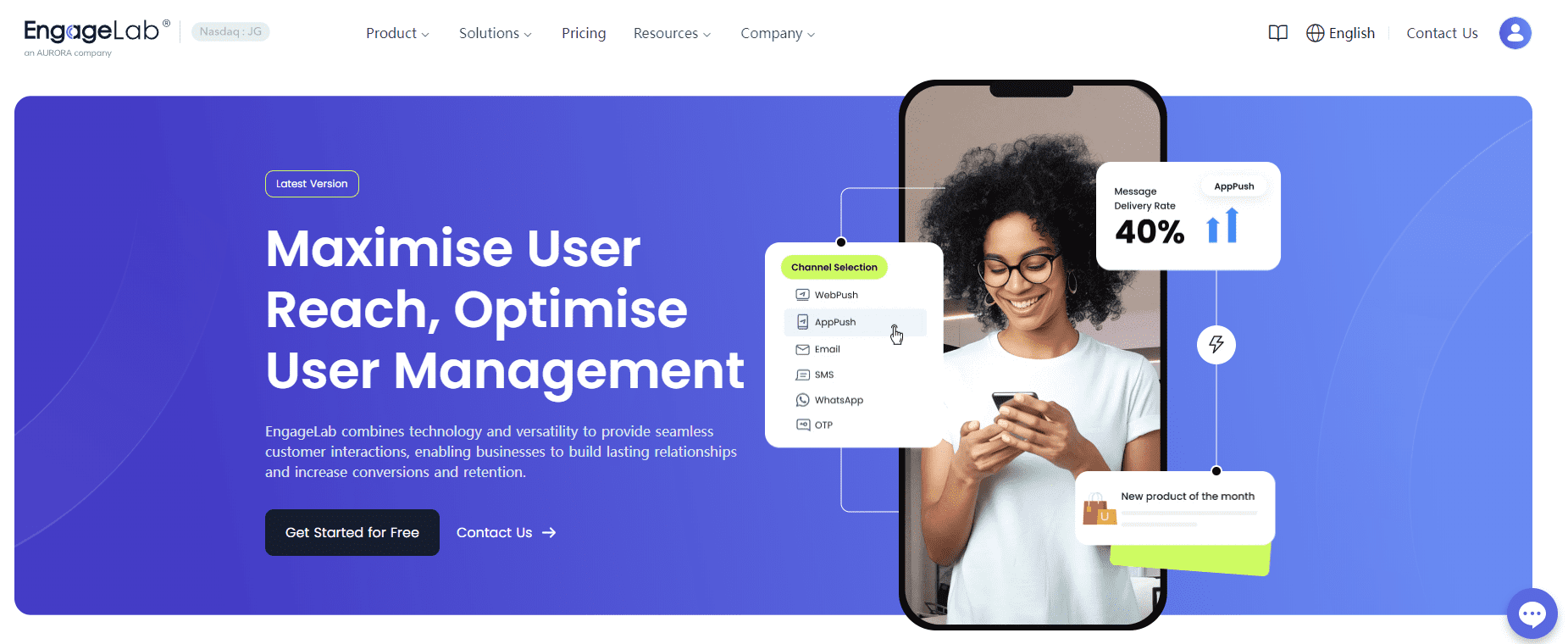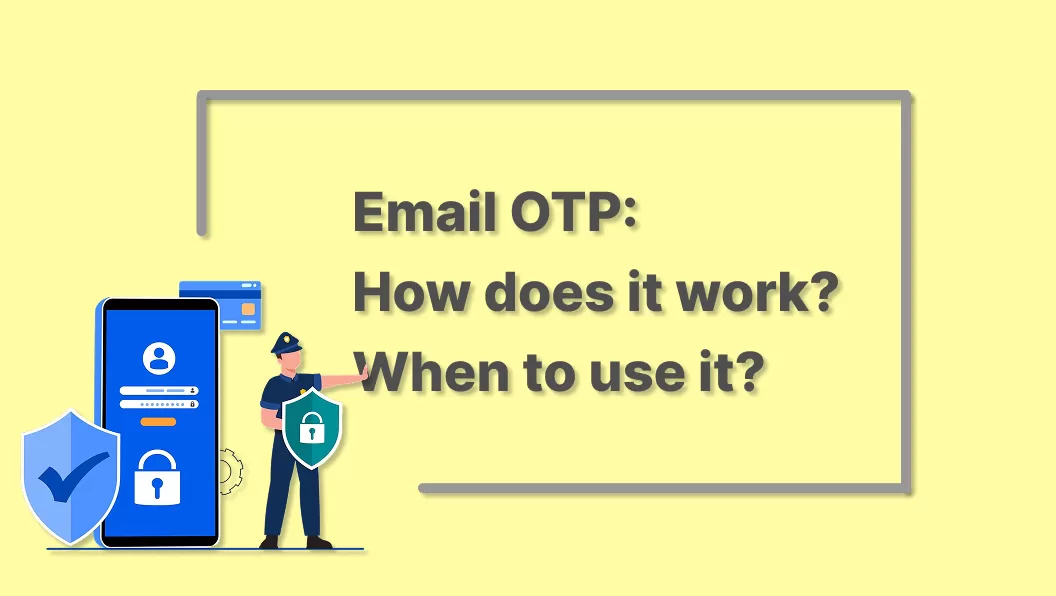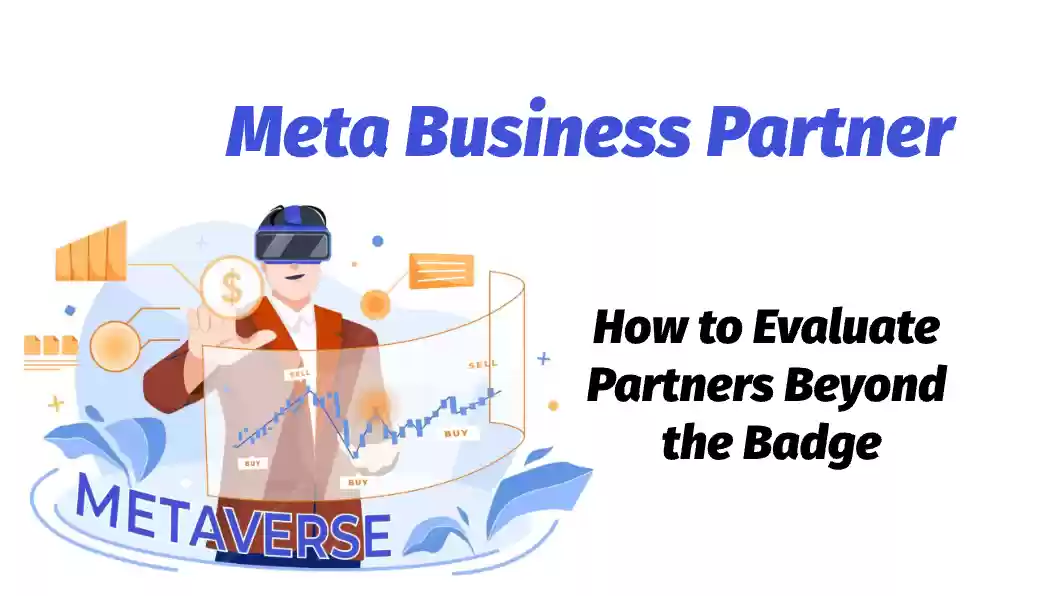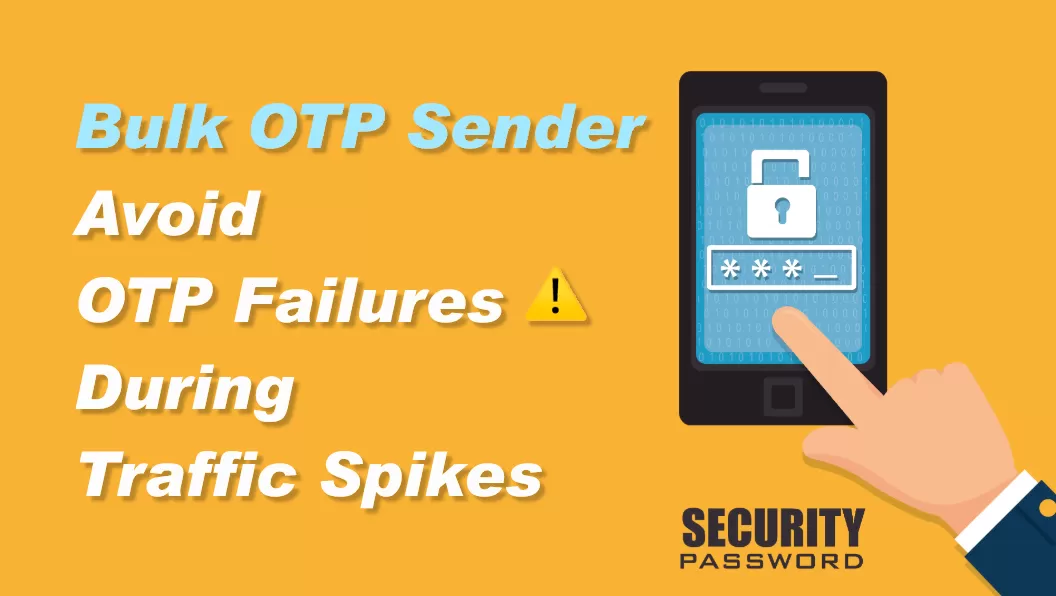Every business has the goal to expand its audience, make more customers, and generate more profits. Achieving such a goal is possible by utilizing all of the available resources and ways to promote and market a business. Therefore, the concept of multi-channel marketing is at the very center of any type of marketing or promotional campaign.
So, if you are also wondering how you can grow your business, keep reading this detailed article about all the key aspects of multi-channel marketing and its importance.
Multi-Channel Marketing 101:Learn All the Basic Information
Let's discuss the basic aspects of multi-channel marketing.
What is Multi-Channel Marketing?
 Note
Note
Multi-channel marketing is the process of using multiple channels to reach a wider audience base and make more customers. Every marketing channel has its own pros and cons, due to which it is likely to have a dedicated audience base.
Organizations and brands can maximize their chances of expanding their customer base through multi-channel communication with customers.
It is also important to note that the concept of multi-channel marketing has evolved over the years. Previously, it was limited to traditional forms of marketing like radio, newspapers, and television.
Now, online marketing and digital marketing through websites, social media platforms, paid ads, and emails have become an integral part of multi-channel marketing.

Importance of Multi-Channel Marketing
The internet is a wide space, and your potential customers can be available anywhere. As a result, you need a comprehensive multi-channel marketing campaign to reach a large audience base through multiple marketing channels.
Moreover, other than increasing your conversion rate, multi-channel marketing is also vital to establishing yourself as a brand authority and increasing name recognition. For instance, having official accounts across all major social media platforms is the need of the hour in this age of social media.
Many different types of multi-channel marketing strategies work together, such as social media and emails, blogging and digital marketing, TV ads and physical stores, online promotion, and physical sales. We'll look at the detailed examples in the later sections.
The Benefits & Challenges of Multi-Channel Communication
Like any other type of marketing, multi-channel communication also comes with its own set of benefits and challenges.
Benefits of Multi-Channel Marketing Communication
1.Understand your customer
Multi-channel communication is a great opportunity for businesses to get an overall view of their customer's requirements and expectations. As a result, a company is able to enhance its product and services as per the expectations of the target audience.
2.Outsmart your competitors
While most businesses are well aware of the importance of multi-channel marketing, there is still a high chance that your competitor might not be fully using this strategy. Therefore, by identifying the gaps in competitors' strategies and focusing on channels they are ignoring, you can outsmart them.
3.Greater visibility
As stated before, multi-channel marketing strategies are also useful in increasing the visibility of your brand and making sure more people are aware of your products and services. Having a loyal following on multiple marketing channels is ultimately bound to increase your sales and conversion rate as well.
4.Giving choices to the customers
A multi-channel communication strategy is also useful because it provides multiple options to potential customers. As a result, they can choose the right marketing channel and form of communication as per their preference.
5.Better touch points
A multi-channel marketing strategy also means having more touchpoints. Hence, businesses can collect more data through their marketing channels and utilize the data to run effective campaigns.

Challenges of Multi-Channel Marketing
Some of the common challenges of multi-channel marketing are:
- Preference for one channel: It is possible that your company might have an existing preference for a specific marketing channel and have spent a lot of resources in building a marketing campaign on it.
- Multi-channel marketing can be overwhelming: Businesses, especially new ones, can find it overwhelming to create and manage a comprehensive multi-channel marketing campaign.
- More resources: Multi-channel communication requires more time, energy, and money to ensure maximum success. Businesses operating with limited resources might not want to allocate them towards multi-channel marketing.
- Lack of coordination: Every marketing channel has its requirements and specifications. Keeping up with them can be difficult for businesses, especially if they have a small marketing team.
While these are some significant limitations and challenges of multi-channel marketing, its long-term benefits are far greater and can help you avoid these issues.
Examples of Multi-Channel Marketing
Let's look at some of the specific examples of multi-channel marketing strategies so you can implement them in your own company to get good results:
Email marketing
Email marketing is a tried-and-tested form of marketing, as statistics indicate that 88% of people use email daily. The exact email marketing strategy can also vary from brand to brand. Generally, people do it by sending direct emails to potential customers and then following up within a few days to ensure high engagement.

Traditional advertising and social media
Despite the massive rise in the popularity of social media platforms, the importance of traditional advertising channels like TV, radio, or newspapers cannot be negated. Therefore, brands often adopt the multi-channel marketing strategy of promoting their products and services via social media notifications as well as conventional marketing channels.
Combining social media and traditional marketing is a common example of multi-channel marketing because it focuses on attracting customers from all major channels.
Digital marketing and email marketing
Another popular example of a multi-channel marketing strategy is the combination of digital marketing strategies, such as social media and email marketing. It allows businesses to reach potential customers through various social channels, like blogs, Instagram, Facebook, etc.

Source:https://tscfm.org/
For example, if a user follows you on a social media platform and you send them an email regarding your products or services, you are likely to convert them into loyal customers.
These are some of the many examples of multi-channel marketing campaigns. Ultimately, it's all about being available across multiple channels and reaching the target audience through multiple platforms.
Related: Top 10 Most Popular Email Service Providers 2025
Multi-Channel Messaging Platform-EngageLab
The process of creating, implementing, and managing a multi-channel marketing campaign can seem difficult at first, but you can efficiently complete this process with the right tools.
EngageLab is a powerful customer engagement platform that can help all types of brands and organizations maximize their user reach and increase engagement across the board. EngageLab is specifically designed to help businesses run successful marketing campaigns across multiple channels, including web notifications, app notifications, emails, SMS, and WhatsApp. Moreover, it can be used to send OTP for maximum security.

How to Succeed at Multi-Channel Marketing Via EngageLab!
Here are a few tips that can help you succeed at multi-channel marketing with EngageLab:
1.Run a channel-focused marketing campaign
The whole purpose and benefit of a multi-channel marketing campaign is that it establishes your brand across multiple channels to engage as many people as possible. Yet, it does not mean that you have to expose your business on all of the possible marketing channels.

Instead, you should analyze the platforms and channels that are likely to contribute more sales to your business. The marketing channels you choose should have a significant portion of your target audience and also align with your specific business model.
These are the reasons why running marketing campaigns through SMS and email marketing campaigns is still considered to be essential for most businesses. With EngageLab, you can run automate the process of sending marketing SMS and emails in bulk.
2.Run a customer-centered campaign
Customers' requirements and expectations should be at the very center of your marketing campaigns, whether they are single-channel or multi-channel. Make sure you are using an engaging and customer-friendly marketing message to turn the target audience into loyal customers.
In EngageLab, you can explore the wide range of email templates to choose the perfect design that suits your brands and requirements.

Other than the existing templates, you can create customized templates to run automated SMS and email marketing campaigns. This ultimately helps you craft personalized marketing messages and maximize engagement.

3.Be consistent
Being consistent in terms of sending marketing messages as well as your branding message throughout the selected marketing channels is vital to ensure maximum success. With EngageLab, you can run the key marketing campaigns from the dashboard.
As a result, you have the opportunity to craft engaging and consistent marketing messages and send them in bulk to the target audience quickly and easily.
4.Analyze and tweak
Monitoring the multi-channel marketing campaigns and tweaking them from time to time is important to ensure you are getting the maximum benefits from them. Such comprehensive analytics are also useful for keeping a complete record of your marketing efforts.

Key Benefits of EngageLab
EngageLab has comprehensive support for global multi-channels to ensure a high delivery rate. Hence, whether you are a small business or a large enterprise with a large customer base all over the world, you can use EngageLab to send your marketing messages.
- The technical protocols and infrastructure behind EngageLab are strong enough to support sending billions of messages, emails, and notifications regularly. Hence, you can ensure all of your marketing messages are delivered as per your requirements.
- EngageLab also supports multi-channel marketing campaigns by quickly integrating with other apps and marketing solutions. You can even request the customer support of EngageLab to get more information related to API and more integration options.
- Multi-channel communication requires a comprehensive approach and EngageLab supports it through its complete lifecycle management and tracking to facilitate companies keep track of the target audience's behavior.
Overall, with EngageLab, you can design and execute a successful multi-channel marketing campaign.
Get Started For FreeConclusion
Multi-channel marketing is critical for all types of businesses, brands, and organizations. Focusing on multiple marketing channels ultimately helps you efficiently reach your target audience and make more profit.
By choosing a reliable multi-channel messaging platform like EngageLab, you can ensure that you are not overwhelmed by this process and can handle all key aspects of the marketing campaign from the same dashboard.
FAQs
How Can I Pick the Right Multi-Channel Messaging Platform?
You can pick the right multi-channel messaging platform by considering the following factors:
- User-friendliness of the platform
- Versatility and supported use cases
- Number and type of supported marketing channels
- Overall features related to executing and monitoring a multi-marketing strategy.
EngageLab is designed to help you execute a successful multi-channel marketing campaign through SMS, emails, and push notifications. The good thing is you get all these features in a user-friendly interface.
What Is the Difference Between Omnichannel and Multi-Channel?
The difference between omnichannel and multi-channel is that omnichannel focuses on all channels, while multi-channel focuses on multiple channels. In terms of marketing, multi-channel marketing is considered superior to omnichannel because it involves using the relevant channels that can generate the maximum conversion for a business.
What Is an Example of a Company That Uses Multi-Channel Marketing?
Amazon is one of the most popular companies that uses a multi-channel marketing strategy as it sells products through multiple channels, including smartphone apps, websites, TV commercials, physical stores, and third-party websites.
With EngageLab, the process of creating, running, and managing a multi-channel marketing campaign becomes quick and easy. You can craft and send engaging emails, compelling SMS, and push notifications in bulk via EngageLab to reach your target audience.
Get Started For Free






